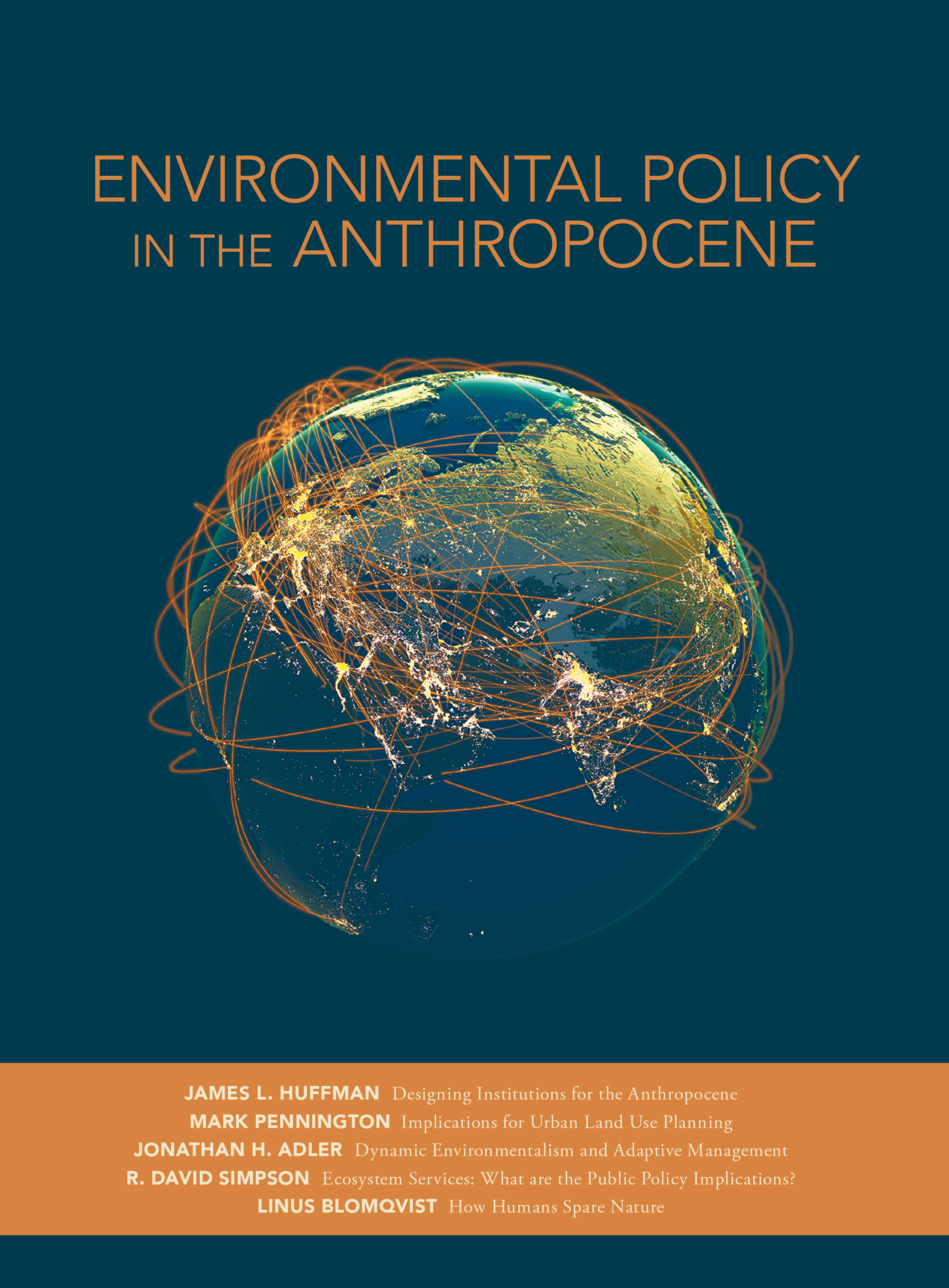Environmentalists are increasingly confronted with two emerging ideas about the natural world: that there is no balance of nature, and that nature cannot be easily separated, if at all, from human action. Many are now embracing a new reality—known as the “Anthropocene”—reflecting the magnitude of human influences over the planet.
The Anthropocene implies a new way of thinking about environmental problems. No longer can environmental problems be thought of as simply the consequence of human violations on nature’s balance, nor can they be solved by simply separating the natural world from humans. Instead, environmental problems become questions of how to resolve competing human demands over an ever-changing natural world.
What institutions best allow us to resolve those competing human demands over a dynamic natural world? What policies will allow us to account for dynamic nature and dynamic human action in this human-dominated era? By bringing together scholars and practitioners from a variety of disciplines, this volume aims to foster an engaging discussion of environmental policy in the Anthropocene—as well as the future of environmentalism.
Download PDF | Download Kindle E-Book
Table of Contents
“Environmentalism Without Romance” by Shawn Regan
“Designing Institutions for the Anthropocene” by James L. Huffman
“Environmental Policy for the Anthropocene: Information, Incentives, and Effective Institutions” by Robert K. Fleck and F. Andrew Hanssen
“Ecological Dynamism, Economic Dynamism, and Co-Evolution: Implications for Urban Land Use Planning” by Mark Pennington
“Dynamic Environmentalism and Adaptive Management: Legal Obstacles and Opportunities” by Jonathan H. Adler
“Sailing the Sagebrush Sea” by Gregg Simonds
“Ecosystem Services: What are the Public Policy Implications?” by R. David Simpson
“How Humans Spare Nature” by Linus Blomqvist
Reviews
With the advent of a new epoch—the Anthropocene, where humans dramatically shape the functioning of ecosystems—a new approach to environmental policy is required. Gone are many of the standard constructs of the preceding era, such as ‘balance of nature’ and ‘equilibrium ecology.’ The chapters in this volume begin an examination of what types of constructs may be appropriate for this new era, and what associated policies might follow.
—Roger A. Sedjo
Senior Fellow, Resources for the Future









